Projects - Leading systems change - Evaluating systems change
Women ecosystem leaders
Overview
This publication shines a light on 35 womxn leading systems change in America’s often-overlooked regions — from Kansas and Missouri to Arkansas and Michigan. These womxn are confronting issues like climate change, economic inequality, and health disparities through bold, community-rooted action.
Their work challenges the conventional idea that innovation only happens on the coasts. Instead, they’re demonstrating that the Heartland is home to powerful, place-based systems leadership.
The Work
Commissioned by The Systems Studio, this project celebrates womxn who are redefining leadership through collaboration, courage, and care.
It features stories like:
Irma Chávez in Arkansas, who’s building an entrepreneurial ecosystem for her Latinx community, and
Heather Navarro in St. Louis, a former Alderwoman now leading the Midwest Climate Collaborative.
Each story highlights a womxn transforming her local ecosystem — bridging divides, leveraging culture and relationships, and proving that systems change is not bound by geography.
The Impact
The publication reframes where and how we see systems change taking root. It calls for greater funding and attention to womxn-led work in regions that are politically complex, resource-constrained, yet rich in creativity and connection.
It also inspired a growing network of ecosystem leaders committed to shifting narratives, building trust, and creating the conditions for systems change across the Midwest and beyond.
What’s Next?
In January 2026, The Systems Studio’s Rachel Sinha and Claire Rippel of the University of Missouri–St. Louis (UMSL) are hosting an intimate evening bringing together womxn ecosystem builders from across St. Louis.
This gathering grows out of Rachel’s recent publication, Womxn Leading Systems Change & Ecosystems in the Unsung States of America, which spotlighted the transformative work of womxn leading systemic change across the Midwest — including right here in St. Louis.
Claire has been leading ecosystem-building initiatives at UMSL, strengthening the capacity of community leaders to drive positive social, environmental, and economic change in their own neighborhoods. Together, Rachel and Claire are creating space for womxn who are doing this work — often in isolation — to connect deeply, exchange learning, and explore opportunities for collaboration.
Many womxn leading ecosystems in St. Louis share overlapping strategic challenges — navigating complexity, limited resources, and the emotional labor of systemic work.
This evening offers a chance to slow down, connect with others who “get it,” and engage in meaningful, practical conversations that strengthen our collective capacity.
It will be an informal evening designed to:
Meet and connect with peers doing ecosystem-building work in St. Louis
Share what’s working, and what’s hard
Explore overlaps, differences, and opportunities to support one another
Enjoy drinks, snacks, and organic, open-ended conversation
A small circle of womxn ecosystem leaders shaping the future of systems change in St. Louis, including:
Heather Navarro, Midwest Climate Collaborative
Emily Hemingway, TechSTL
Katie Kaufmann, Missouri Foundation for Health
Stefanie Weeden-Smith, St. Louis Anchor Action Network
Stephanie Tinsley Regagnon, The Yield Lab Institute
…and others leading transformative work across sectors and communities.
We also welcome your input on who else should join — those leading networks, initiatives, and movements that convene, connect, and nurture ecosystems for change.
Explore
📘 Download the Publication — Womxn Transforming Systems in America’s Unsung States by Rachel Sinha
💡 Find our more about this project - Here
"I’m ecstatic with how it went well. I’m so pleased. We got so much done in such a short period of time and now I feel like what we have is workable and something to run with.
The community coming together aspect was obviously really important. The space (the STL zoo) was fun and inspiring.
The previous Strategic Plan was my nemesis and now I feel what we have is relevant, achievable and takes into account the challenges we're dealing with. I feel energized and hopeful."
-Tammy Orahood, Director, Global Programs at the Brown School, WashU




